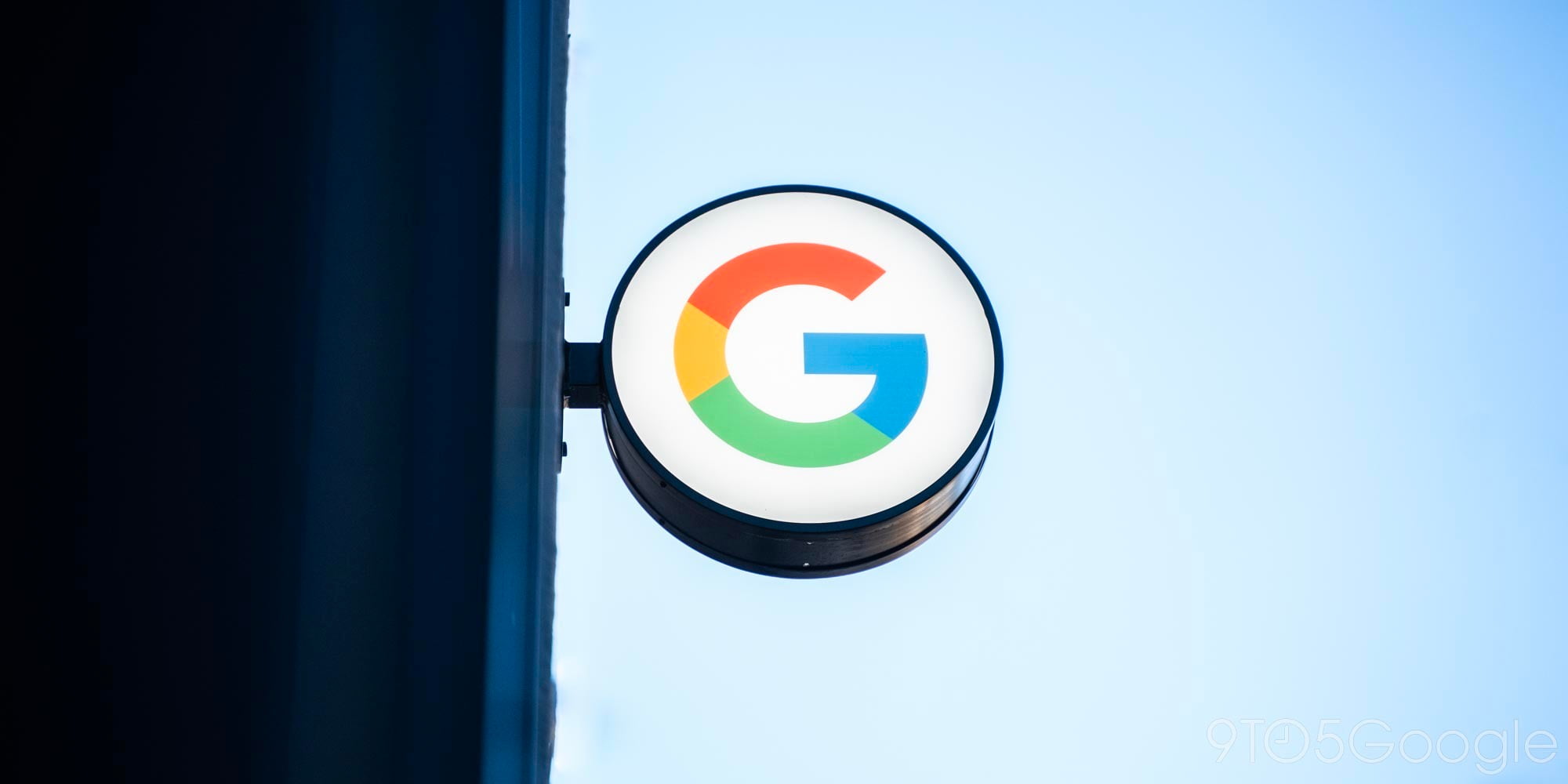
Here’s how to see the personal information Google shares about you on the web

Google has launched a new ‘About Me’ page, which lets you see and change what personal information is visible to others when you use any of Google’s services. The company has most likely introduced the service in an effort to counter concerns about data privacy.
Don’t expect too much from it: it’s essentially the same information you can see on Google+, and mostly appears to be an alternative for those of us who long ago consigned Google+ to history. When I checked my data, it showed only my name, gender, birthday and occupation. But if you shared contact details with any Google service, those may also be visible, so it’s worth a quick look.
You can edit the information shown, as well as choose who can view each piece of data. Personally, I always enter a false date of birth on web forms, as it’s a key piece of information used by identity thieves. I set it to private simply to ward off any mistaken birthday wishes.
You can check your own data at aboutme.google.com, where you’ll also find a link to Google’s existing privacy checkup.
